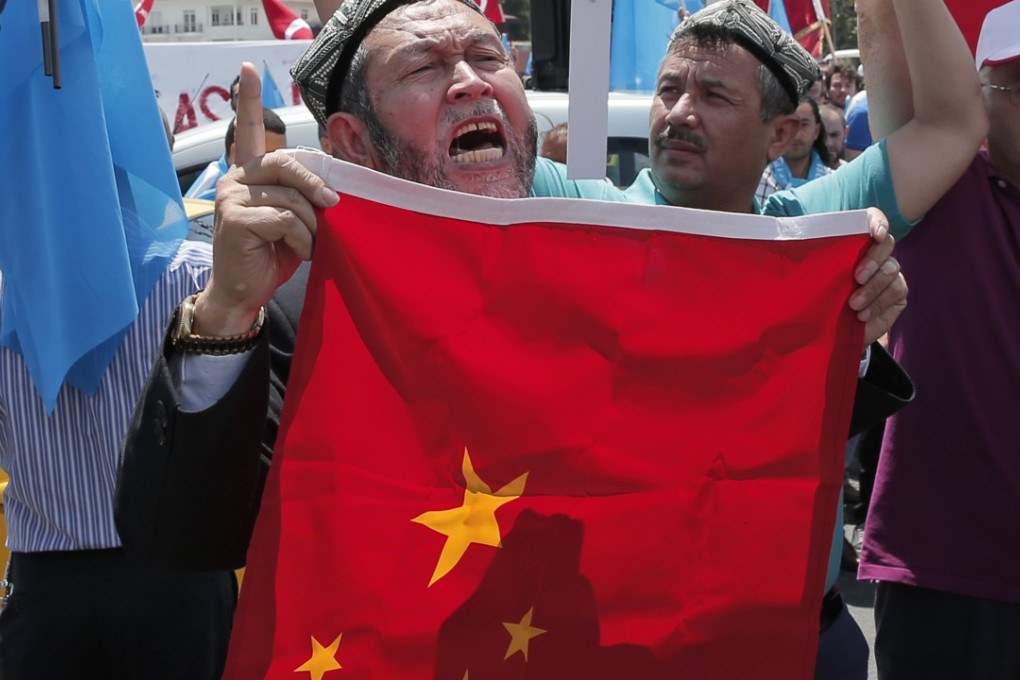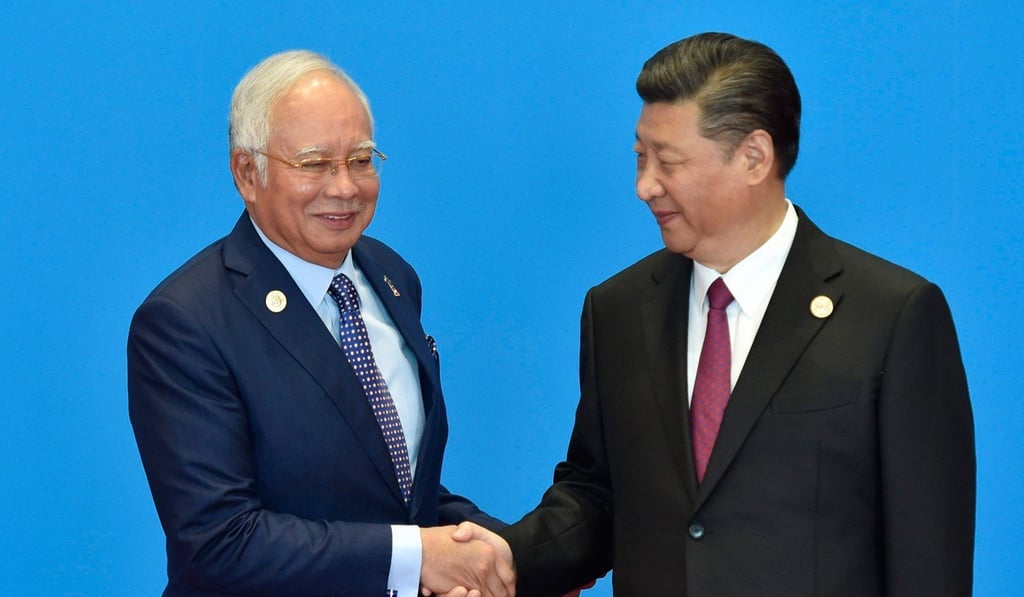Battleground Malaysia: China extends crackdown on Uygurs across borders
Beijing’s request for 11 Uygurs to be extradited from Malaysia comes as it imposes one of the world’s most intrusive surveillance systems in Xinjiang, a security approach it seeks to export to Belt and Road countries

Malaysia has emerged as the latest battleground pitting Chinese efforts to export its security notions against principles of the rule of law.
The Malaysian Bar Association warned in a pithy statement last week that granting a Chinese demand for the extradition of 11 Uygurs from Malaysia would constitute a violation of international law.
If Malaysia’s past record is anything to go by, prospects for the Uygurs who face certain detention in China are not good.
“The Malaysian government’s record on respecting international law leaves much to be desired. Apart from the 11 Uygurs deported to China in August 2011, the Malaysian government also forcibly detained three Turkish nationals in May 2017 and returned them to Turkey at the request of the Turkish government,” the bar association said.

The government ignored a court decision in 2012 that barred deportation of Saudi journalist Hamza Kashgari, who was accused in the kingdom of insulting the Prophet Mohammed in a tweet, by handing him over to Saudi authorities.